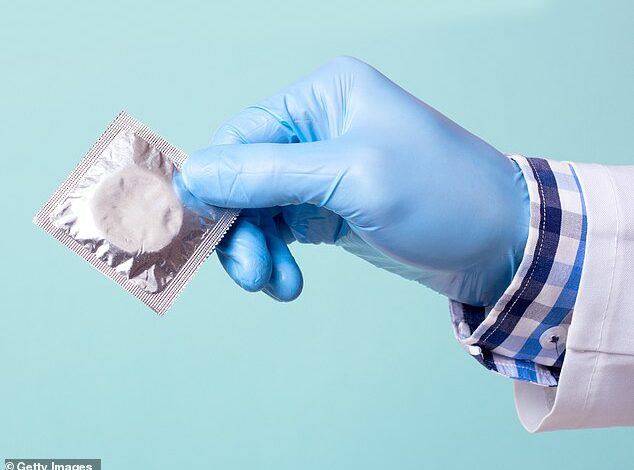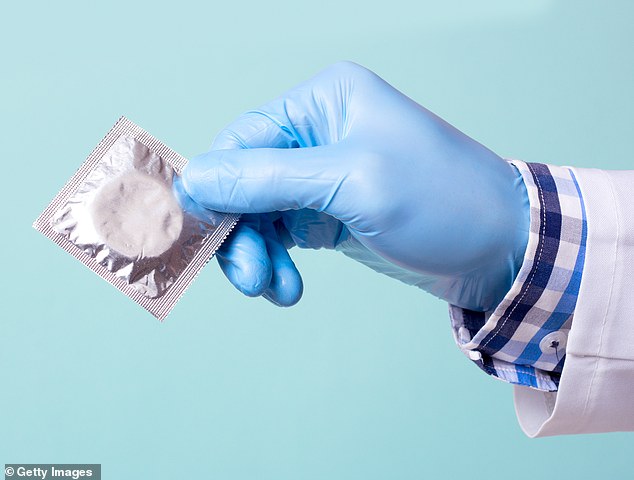Huge rise in antibiotic-resistant ‘super gonorrhea’ infections, health leaders warn


Gonorrhea cases have reached a record high as fears grow over an imported super strain that has proven resistant to treatment.
Last year, more than 85,000 cases of gonorrhoea were reported in England, the highest number since records began in 1918.
The UK’s Health Security Agency, which published the figures, is urging people who have condomless sex with new or casual partners to get tested.
It was warned that the infection is usually easy to treat, but that some strains are resistant to commonly used antibiotics, making them more difficult to combat.
People who remain infected are at risk of becoming infertile.

The Local Government Association, which represents councils responsible for setting up clinics, blamed the rise in infections on people struggling to access contraception and the huge demand for care.
One type that poses a “particular danger” is ceftriaxone-resistant gonorrhoea, the UKHSA said.
Ceftriaxone is the ‘first-line’ antibiotic for treating gonorrhoea in the UK. Resistance to the drug can complicate treatment, particularly for gonorrhoea infections in the throat.
Between June 2022 and May 2024, 15 cases of ceftriaxone-resistant gonorrhoea were diagnosed in England, including five that were ‘extensively drug resistant’, meaning they were resistant to both first- and second-line treatments and to other antibiotics.
As of 2022, only nine cases had been identified in England.
So far, all confirmed cases have been heterosexual, mainly in their 20s, and most contracted the infection abroad.
There has been limited transmission within England, but the UKHSA has said the increasing number of cases in recent years is “concerning” as it raises the potential for “wider spread and treatment problems”.
Dr Helen Fifer, microbiologist at UKHSA, said: ‘Gonorrhoea is becoming increasingly resistant to antibiotics, raising the possibility that the disease may become untreatable in the future.
Untreated gonorrhea can lead to serious health problems, including pelvic inflammatory disease and infertility.
‘Condoms are the best defense, but if you have not used a condom with a new or casual partner, get tested to detect the infection and prevent further transmission.’
Professor Matt Phillips, chairman of the British Association for Sexual Health and HIV, said: ‘The increase in antibiotic-resistant gonorrhoea infections in England is a worrying trend that needs to be addressed with immediate action.
‘Antibiotic resistance in STIs is an increasing threat to public health, causing physical and psychological harm and putting additional pressure on other parts of the NHS.
‘BASHH, together with sector partners, has repeatedly called for a Sexual Health Strategy for England. This must be a priority if our expert sexual health workers are to respond effectively to the growing and changing needs of sexual health.’
Meanwhile, the latest data from UKHSA shows that syphilis cases are still rising.
Syphilis can cause serious, irreversible, and potentially life-threatening damage to the brain, heart, or nerves if left untreated.
In 2023, the number of diagnoses of infectious syphilis rose to 9,513, an increase of 9.4 percent compared to 2022 (8,693).
The highest rates were found among gay, bisexual, and other men who have sex with men. However, the largest relative increase between 2022 and 2023 occurred among heterosexuals.
UKHSA also reminds healthcare professionals to be alert to the symptoms of syphilis.
According to the UKHSA, the increase in diagnoses of gonorrhoea and syphilis is partly due to an increase in testing, but may also be due to increased transmission of these STIs within the population.
The report added: ‘Both STIs are easily contracted and the number of cases is increasing.
‘If you have sex without a condom with new or casual partners, it is important to get tested regularly for STIs and HIV to maintain good sexual health.
‘Testing is free and can be done through local sexual health clinics, university and college medical centers, or via self-collection kits sent discreetly through the mail.’




